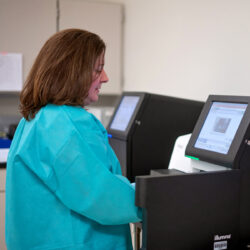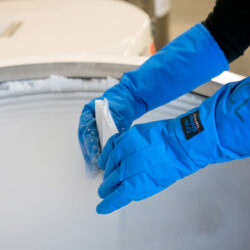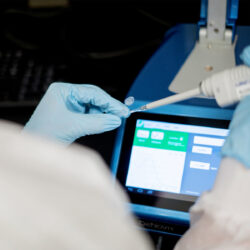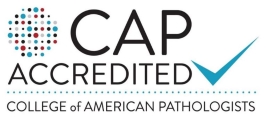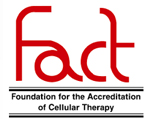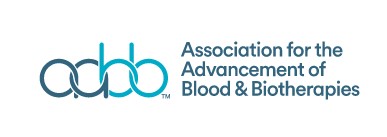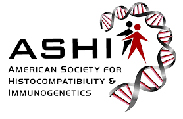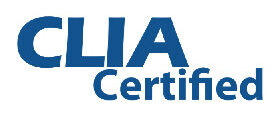LEADING EDGE PRODUCT LINES
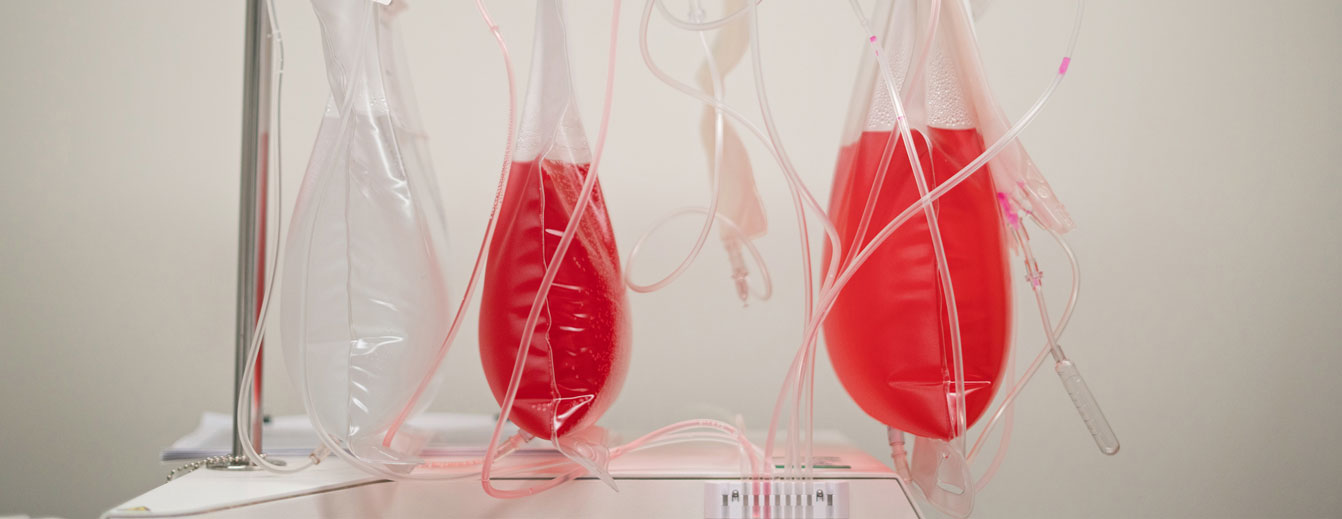
Human embryonic stem cell (hESC) research has been surrounded by considerable controversy in recent years, particularly with regard to the ethical issues associated with such research. The scientific facts are relatively straightforward.
Regulatory Medicine
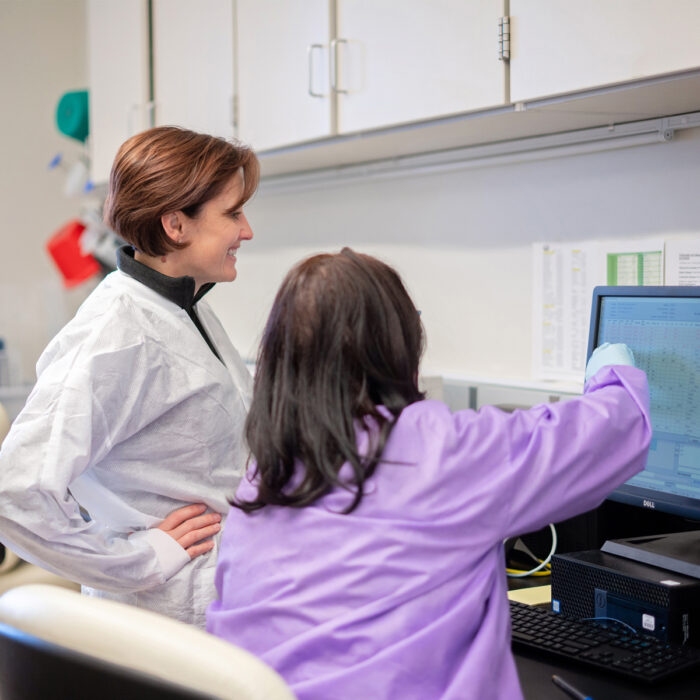
Regulatory Medicine is a component of Regulatory Affairs that serves as an interface between regulatory agencies and medical scientists in the planning, development, production, and provision of cell and gene therapies and medical devices for the treatment of patients in a clinical setting.
- Document Control- Creation of SOPs, policies, forms, product labels, and worksheets in an appropriate format with versioning and archival histories which meet regulatory standards.
- Validations and Verifications- Creation of thorough plans and schedules for the validation and/or verification of equipment, reagents, and processes used in the development, production, and provision of medical therapies and devices.
- Change Control and Qualification- Management of changes needed to processes and materials that can occur during development and production of medical products, as well as making certain that critical materials and supplies are of the appropriate quality for use in patients.
- Audits and Findings- Development of plans for internal and external audits as well as responses to audit findings.
- Product and Test Report Release- Review of reports for release of products and tests as well as creation of documents for the same purpose that meets regulatory standards.
- Training and Competency- Development of plans, documents, and records to ensure successful training and continued competency of staff members, one of the most often overlooked components of a successful product development.
- Issue Resolution- Plans for management of adverse events, investigations into deviations and incidents, and long-term safety follow-up of products and devices.
- Regulatory Authority Interactions- Preparation for and participation in communication with regulatory authorities during meetings and inspections and follow-up.
- Regulatory Authority Strategy and Intelligence- Knowledge of the ever changing regulatory requirements for implementation of successful studies, processes, and products.
Regulatory Authority Submissions- Application of regulatory strategy and intelligence for the preparation of accurate and successful submissions to regulatory agencies.
Clinical Trial Support
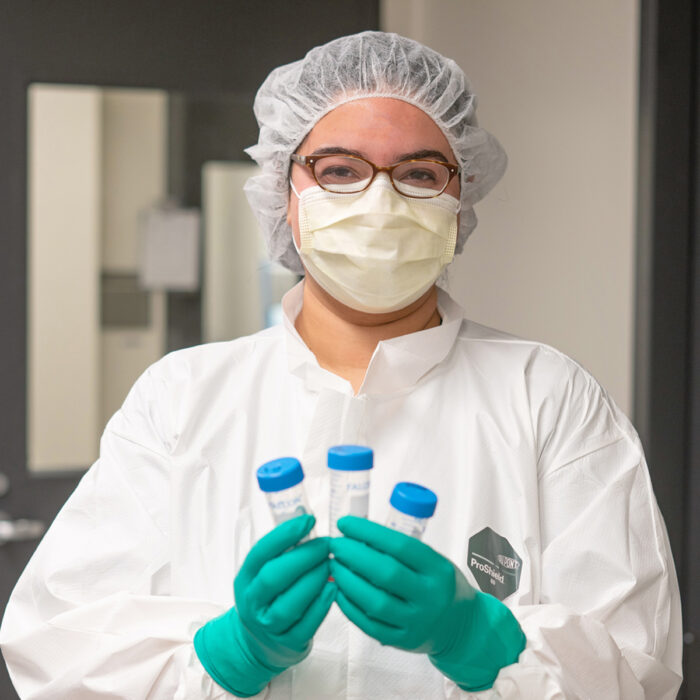
ClinImmune Cell and Gene Therapies is host to more than 20 clinical trials using stem cells and cell therapies.
HLA Laboratory
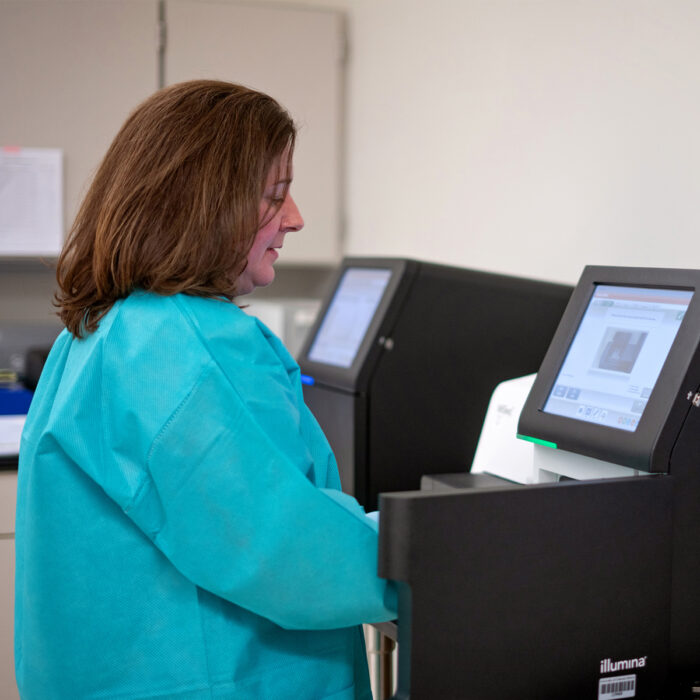
College of American Pathologists (CAP), and the United Network for Organ Sharing (UNOS), ClinImmune Labs and its accredited technical staff are committed to providing the highest quality histocompatibility testing services for research studies as well as clinical transplantation and transfusion programs in Colorado, across the U.S. and abroad.
Testing available for:
- Immunotherapy
- Clinical Transplantation- solid organ and hematopoietic stem cell
- Platelet Transfusion support
- Genetic HLA Disease Association
- Post-Transplant DSA risk and monitoring
Clinically Approved Assays:
- HLA-A, B, C, DRB1/3/4/5, DQA1, DQB1, DPA1, DPB1 loci
- Low to high resolution testing
- HLA Antibody Detection
- Panel Reactive Antibody, including HLA Specificity Analysis
- Titration/Quantitation studies for pre-transplant immunotherapy protocols
- Crossmatching for transplant compatibility
- Platelet support panels to assess allo-reactive HLA antibodies and HLA-A,B typing for selection of matched platelets
- KIR genotyping
Services Provided:
- Initial consultations provided for test selection, cost effectiveness, sample and turn-around time requirements
- Immunogenetics testing (e.g. HLA-B*57:01 screening test to determine susceptibility to abacavir hypersensitivity syndrome and HLA-B27 which may assist in the diagnosis of ankylosing spondylitis, juvenile rheumatoid arthritis, and Reiter’s syndrome)
- Transplant Immunology Teleconferences presented at ClinImmune
- Customized requisitions and clear, concise reports; electronic data transfer
- Additional test interpretation consults upon request
- Donor search strategy support
- Analysis of HLA allele frequency
HLA epitope analysis
FDA Licensed Cord Blood
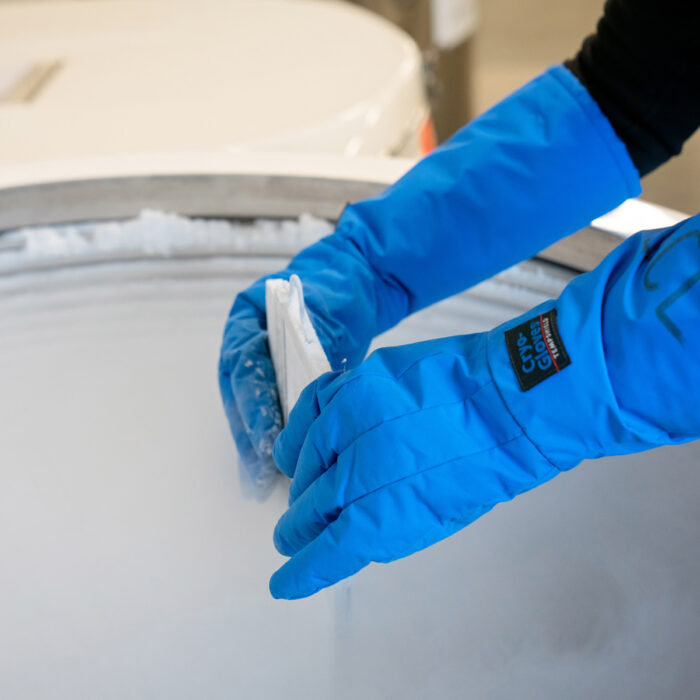
ClinImmune Cell and Gene Therapy owns the University of Colorado Cord Blood Bank and the St. Louis Cord Blood Bank. Both banks are licensed by the United States Food and Drug Administration (FDA).
Gene Therapies
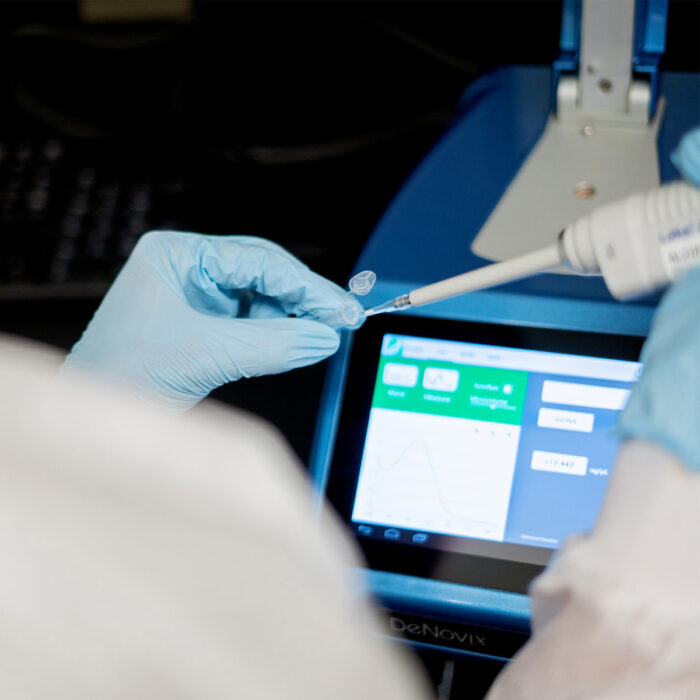
ClinImmune Cell and Gene Therapy has filed international patents on HLA gene editing to treat autoimmune diseases. Our research is focused on altering the peptide binding groove of the HLA molecule in order to change its ability to bind specific peptides that trigger autoimmunity. We have concluded preclinical studies on DRB1 to alter the K71 residue found in DRB1*04:01 (an RA-susceptibility allele) to E71 and demonstrated that the gene edit blocks collagen sensitization without being recognized as ‘foreign’ by the immune system. Additional studies are underway to treat multiple sclerosis, ankylosing spondylitis and Type I diabetes.
Cellular Therapies
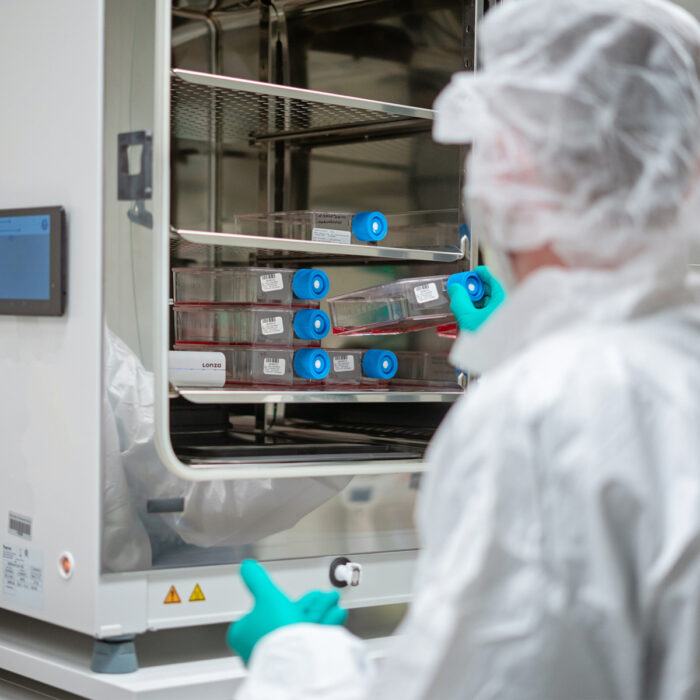
The laboratory provides hematopoietic stem cell processing for the University of Colorado Hospital Bone Marrow Transplantation Program and is accredited by the Foundation for Accreditation of Cellular Therapy (FACT) and by the College of American Pathologists (CAP).



